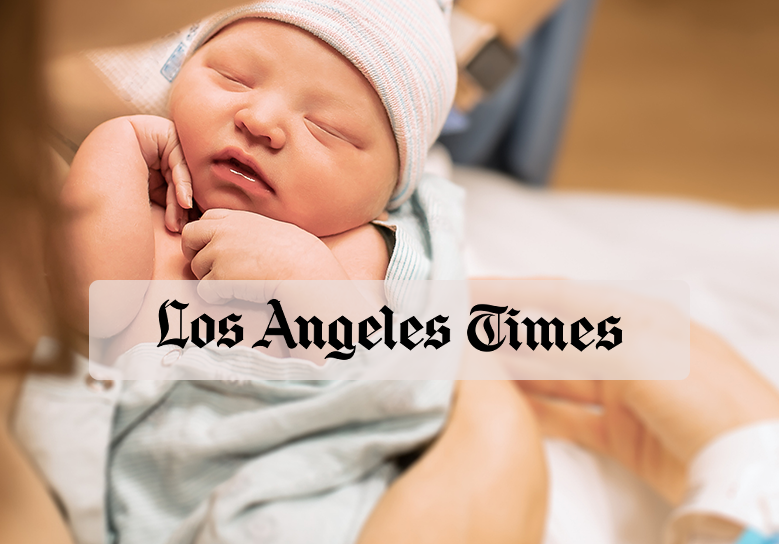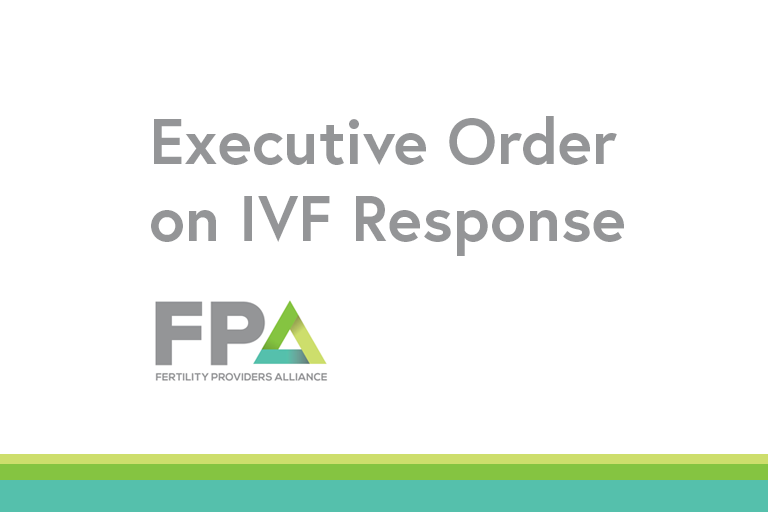Bay IVF specialists launch Sharing Hope Program in partnership with Lance Armstrong’s LIVESTRONG Foundation
SAN RAMON, CALIFORNIA (September 21, 2010)– In efforts to increase awareness of fertility preservation options for cancer patients whose treatment may jeopardize their future fertility, Reproductive Science Center of the San Francisco Bay Area (RSC) created the Sharing Hope Program in partnership with Lance Armstrong’s LIVESTRONG Foundation.
The cancer survivor and champion cyclist created the foundation in 1997 to provide reproductive information, emotional, and financial resources to cancer patients and survivors whose medical treatments present the risk of infertility.
RSC’s Sharing Hope Program offers patients an extensive educational web portal for men and women about fertility preservation options that include assisted reproductive techniques such as egg, embryo, and sperm freezing. The program also helps educate patients about risks to fertility that can result from treatment such as chemotherapy, radiation, and surgery. Sharing Hope also describes hopeful options for parenthood before and after cancer treatment, offers news on cutting edge research and treatment, and financial aid options.
“Cancer diagnosis and treatment itself is stressful enough for patients, then adding fertility planning on top of that can be overwhelming. Sharing Hope is a valuable resource intended to help ease the confusion and direct patients to the best fertility preservation services, as well as financing options for techniques that are not often covered by insurance,” said Mary Hinckley, M.D, RSC reproductive endocrinologist.
Despite widespread recognition that cancer therapies can affect a patient’s fertility, researchers found that fewer than 25 percent of oncologists inform their patients about fertility preservation options and that less than 60 percent of patients received fertility information after cancer treatment (when their fertility may have already been diminished or relinquished).
RSC provides both men and women several successful options for preserving their reproductive health by freezing eggs, embryos, and sperm (also known as cryopreservation). Cancer treatments like chemotherapy are designed to kill rapidly dividing cells throughout the body, while leaving other cells intact. Cancer cells divide rapidly, but so do egg and sperm cells. Thus infertility is a potential side effect of cancer treatment.
[hoops name=”PR-contact”]






